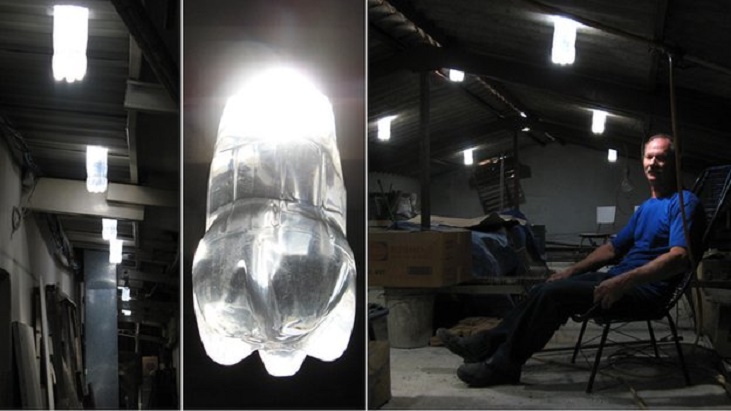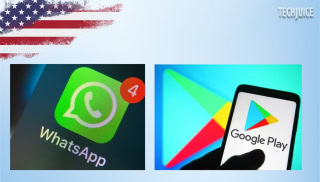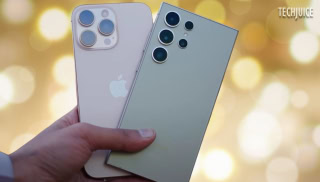No, it is not. And it will not be unless we change the way we are handling entrepreneurship in Pakistan. For the past couple of years, we have seen a boost in startups in Pakistan. However, if observed closely, very few of these startups are truly solving a real problem for the country. Majority of the other startups are based on similar ideas with little tweaking and are related with either an online platform or mobile application. And to top it all, we are promoting a race between individuals to acquire funding for the resources in order to accomplish a certain idea. This method is not solving the basic problems of Pakistan such as electricity/petroleum/gas scarcity, education, security and poverty.
Before you can understand the problem, let me introduce you to the term – “Frugal Innovation”. Navi Radjou, an entrepreneur who have spent years studying the term, defines it as,
“When external resources are scarce, you have to go within yourself to tap the most abundant resource, human ingenuity, and use that ingenuity to find clever ways to solve problems with limited resources.”
Let’s see how our current methodology is curbing frugal innovation in our entrepreneurial efforts. First off is unnecessary attention to funding. Every startup competition held in our country puts stress on the attractive prizes for kick starting the winning startup. The method is good for marketing the competition but once you put a price on idea generation, participants start thinking in terms of business rather in terms of solving a problem. I am not saying that funding is not important but giving too much importance to it can limit imagination.
Secondly, most of our entrepreneurial efforts are focused on IT services, online platforms and app development but our problems are not related to these services. These digital startups are creating jobs but only for people with particular set of skills. There are still other fields which need the entrepreneurial focus to have startups solving a particular problem apart from creating e-commerce, digital services or applications startups. For example, Popinjay– celebrating local art, Savaree – providing transport facilities, Tent School System – taking innovative education to slums and remoteinterview.io – solving the problem of hiring programmers.
Thirdly, it is usually advised to Pakistani youngsters that they don’t necessarily have to come up with an entirely new idea, they can work with an existing idea and introduce or improve one or two features to be a part of entrepreneurial race in the country. This kind of training is applicable for app/game/software development but for finding solutions to prevalent problems; innovative out of box thinking is must.
Fourthly, politics is one of the biggest hindrance in bringing frugal innovations to the country. We have seen frugal innovations from Pakistani individuals which were publicized on media from time to time but they were never implemented in the country. These frugal innovations ranged from solar cars to inexpensive electricity generation to smart homes but most of them were either sold to foreign companies or were simply forgotten.
Despite all that, there have been a few frugal innovations introduced in the country but not at the startup level. Such as services like EasyPaisa or Mobicash solved financial transaction problems for common man who could not have a bank account. These services were built on top of widely and cheaply available mobile service in the country. Another example for frugal innovation is cash-on-delivery service to access wide range of customers which made online shopping a success in Pakistan.
The need of hour is not just to promote entrepreneurship but also encourage frugal innovations because only imagining beyond the obvious can solve our real problems. Currently, we are building up a startup manufacturing machine in our country which is only beneficial at an individual level but not on the national level.
This article was inspired from Navi Radjou Ted Talk – Creative problem-solving in the face of extreme limits.
Image Credits: Bottle Light Invention on BBC












